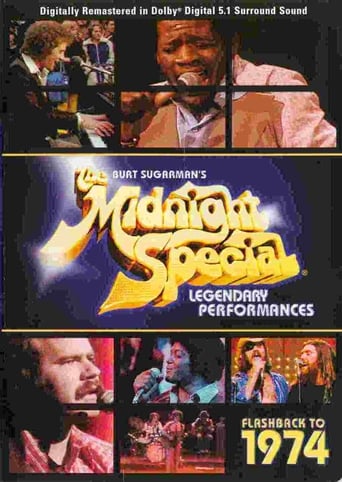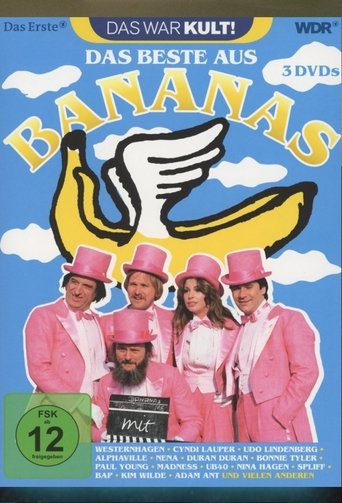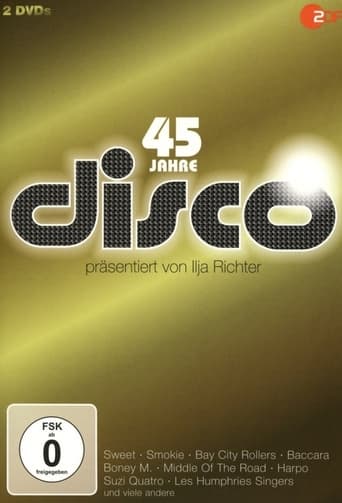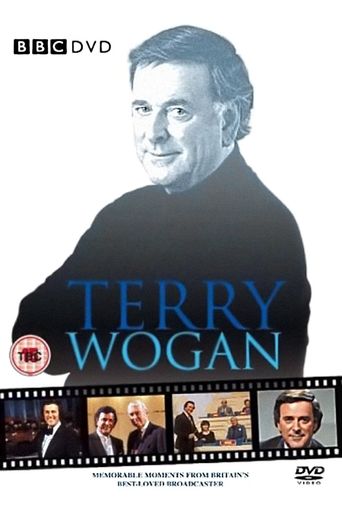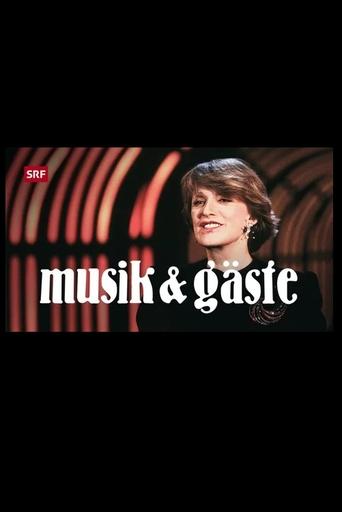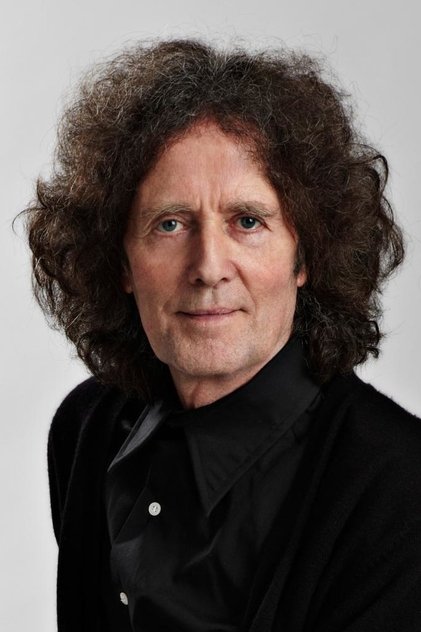
Gilbert O'Sullivan
Raymond Edward "Gilbert" O'Sullivan (born 1 December 1946) is an Irish singer-songwriter who experienced success during the early 1970s with songs such as "Alone Again (Naturally)", "Clair", and "Get Down". O'Sullivan's songs are often marked by his distinctive, percussive piano playing style and observational lyrics using word play. Born in Waterford, Ireland, O'Sullivan settled in Swindon, England, as a child. In 1967, O'Sullivan began his career in music. Worldwide, he has charted 16 top 40 records including six No. 1 songs, the first of which was 1970's "Nothing Rhymed". Across his career, he has recorded 19 studio albums. The music magazine Record Mirror voted him the top UK male singer of 1972. He has received three Ivor Novello Awards, including “Songwriter of the Year” in 1973. Raymond Edward O'Sullivan was born on 1 December 1946 in Cork Road, Waterford, Ireland. He was one of six children. His mother May ran a sweet shop and his father was a butcher with Clover Meats. The O'Sullivans emigrated due to a job offer in England. The family first moved to Battersea, London when Raymond was seven, before settling in Swindon, Wiltshire a year later. Raymond began playing piano here, later explaining: "I come from a working-class background, but we always had a piano, the thinking of my parents was that if one of your kids could play it, you could make some money at it." A period of going to piano lessons was short-lived, as O'Sullivan was not enamoured of music theory and played the pieces by ear instead. Raymond's father died two years after the move to Swindon. Raymond attended St Joseph's Catholic College before studying at Swindon College, specialising in graphic design. Here, he played with several semi-professional bands including the Doodles, the Prefects and was most notably a drummer in a band called Rick's Blues, along with Malcolm Mabbett (guitar), Keith Ray (bass), and founder Rick Davies. Davies, who later founded Supertramp, taught O'Sullivan how to play both drums and piano. O'Sullivan's drumming informed his style of piano-playing, which often utilises a distinct, percussive piano pattern. O'Sullivan has explained, "My left hand is hitting the high hat and the right hand is the snare." He started writing songs, heavily influenced by the Beatles as writers and Bob Dylan as a performer. In 1967, O'Sullivan moved from Swindon to London in pursuit of a career in music. Determined to get a record deal and looking to stand out, he created an eye-catching visual image consisting of a pudding basin haircut, cloth cap and short trousers. O'Sullivan has said his love of silent film inspired the look. He scored a five-year contract with April Music, CBS Records' house publishing company, after coming to the attention of the professional manager Stephen Shane, who also suggested changing his name from Ray to Gilbert as a play on the name of the operetta composers Gilbert & Sullivan. He was paid an advance of £12 (equivalent to £200 as of 2023), with which he bought a piano. He was signed to CBS Records by the A&R manager Mike Smith, who produced the Tremeloes, the Marmalade and the Love Affair. ... Source: Article "Gilbert O'Sullivan" from Wikipedia in English, licensed under CC-BY-SA 3.0.
- Taitara: Gilbert O'Sullivan
- Rongonui: 0.517
- E mohiotia ana mo: Acting
- Ra whanau: 1946-12-01
- Te Whanautanga: Waterford, Ireland
- Kāinga: https://www.gilbertosullivan.co.uk/
- E mohiotia ana ano: Raymond Edward O'Sullivan

